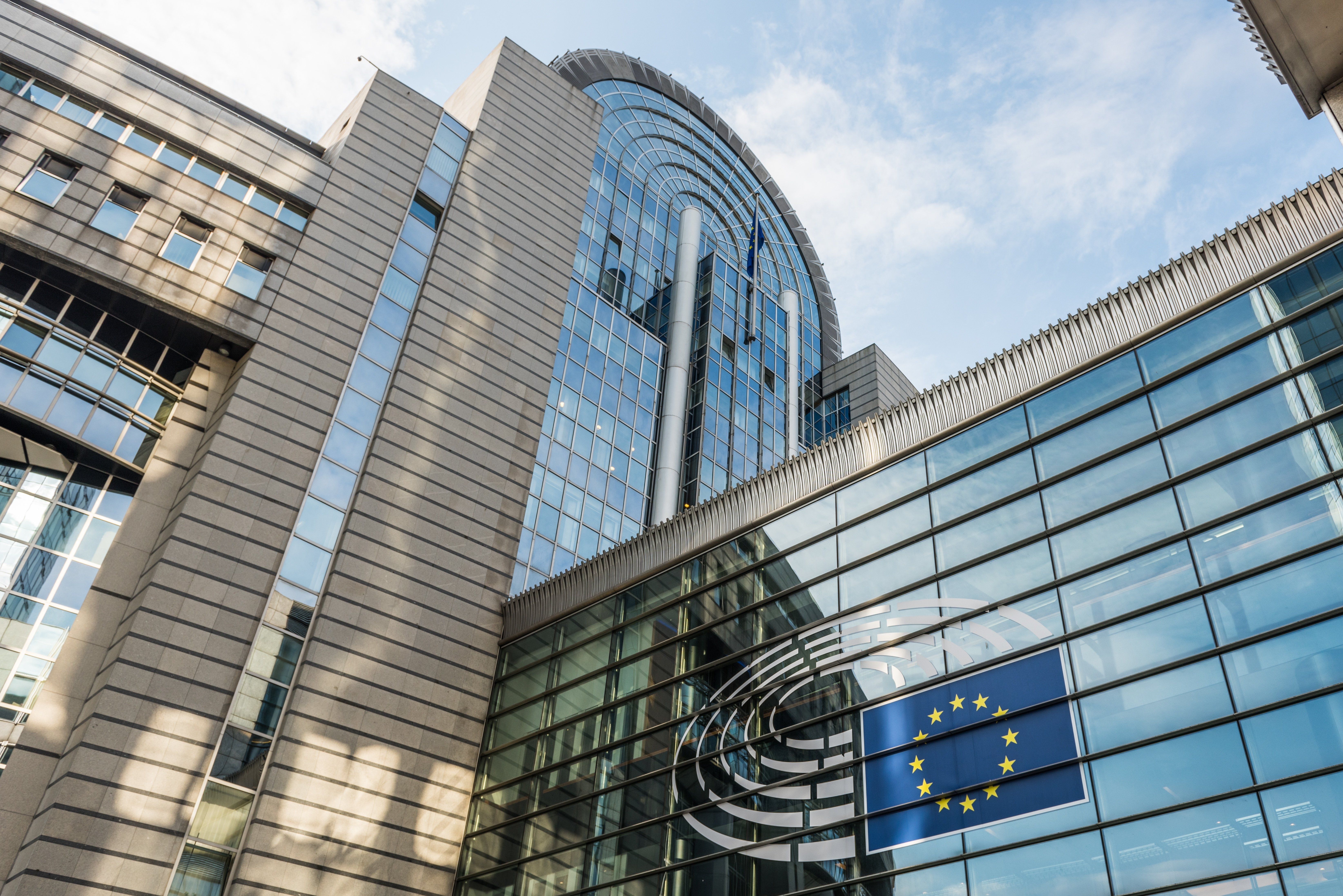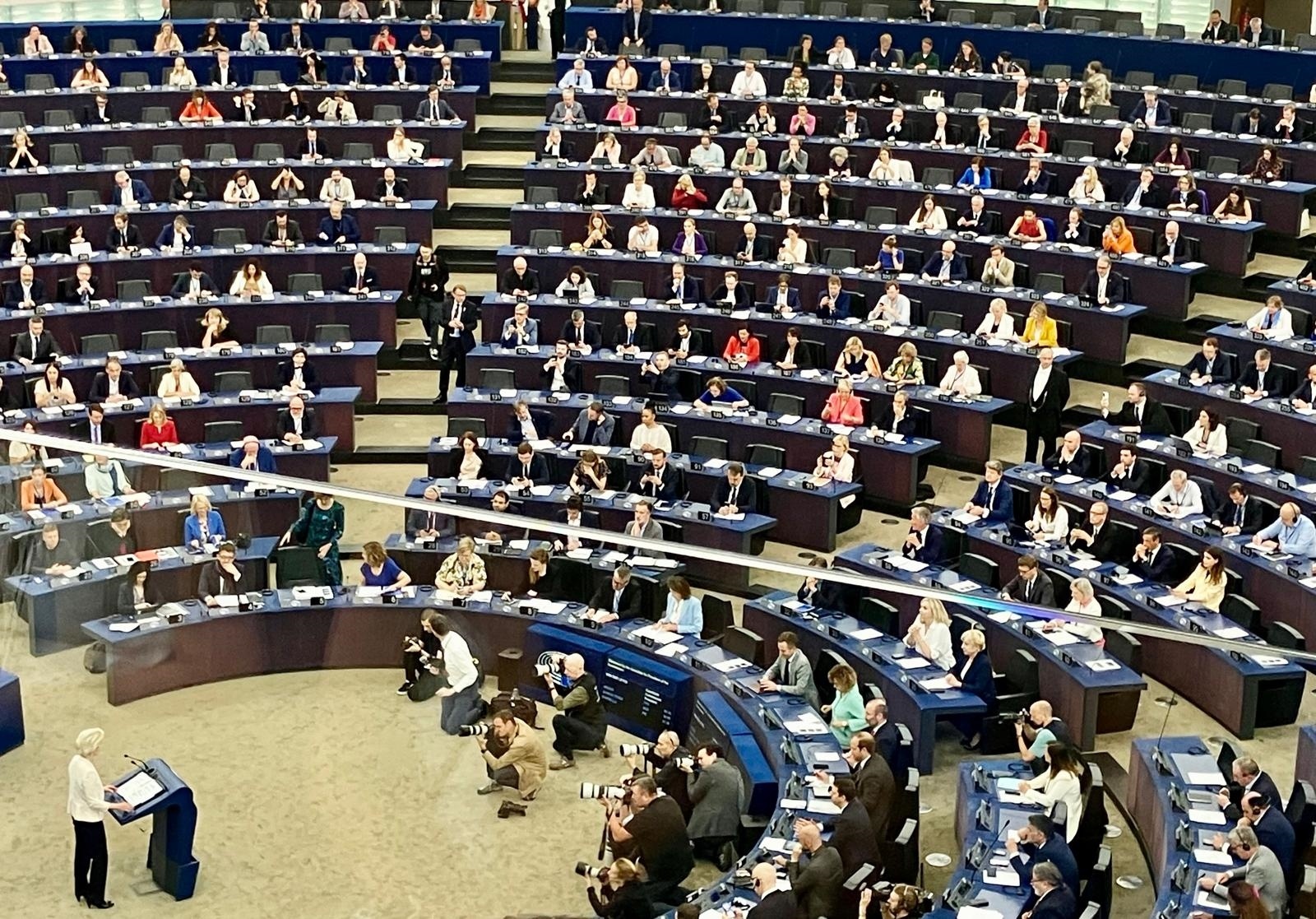The EU Observatory on the Online Platform Economy: a talking shop or the beginnings of a new regulator?
by Inline Policy on 12 Oct 2018
Buried in the detail of a proposed Regulation from the European Commission was the establishment of an Observatory of the online platform economy. It has now been established and has a broad remit but little power, so far. Is this the foundation of a new EU regulator for online platforms?
What is the Observatory?
One of the most far-reaching policies still to be finalised by the EU institutions before the new European Parliament and Commission are appointed in 2019 is the proposed Regulation aimed at “promoting fairness and transparency for business users of online intermediation services” – widely known as the online ‘Platforms-to-Business’ Regulation, or ‘P2B’. This is the Commission’s first attempt at regulating this type of business model, with a cross-sector policy seeking to introduce more transparent practices and improve contractual relations between platforms and traders who rely on them to sell their goods and services.
In earlier drafts of the Regulation, there was merely a one-line description of the creation of an Observatory for online platforms. By the time of the official publication of the draft Regulation, this had transformed into a European Commission Decision, which set out the aims, selection process, and operation of the new Observatory. The draft Regulation states that the Observatory will be “tasked essentially with monitoring opportunities and challenges for the [European] Union in the online platform economy, including issues related to the application of the Regulation”.
Despite the relative grandeur of the title, the Observatory is actually an expert group of the European Commission, meaning that its establishment does not have to be approved by the other institutions and the Observatory has already held its first meeting on 27 September – even though the Regulation is not expected to be adopted for months.
Who is part of the Observatory?
The members of the Observatory were appointed by the Commission after a public call for nominations. Interestingly, an important factor in the selection was that they have no conflicts of interest or connection to the industry. Members, who have a two-year term of office, can be kicked out if the Commission believes this neutrality is at risk in any way. The Commission’s brief information page on the Observatory reveals that the 15 members all derive from academia, with the exception of one lawyer, and hail from nine different EU Member States.
While industry bias in the members is strictly policed, in true EU-style, industry representatives can be appointed as observers of the Observatory. These representatives are, again, chosen by the Commission. In the meetings of the Observatory, observers and their representatives may be permitted by the chairperson to take part in the discussions in order to provide expertise. However, observers do not have voting rights and cannot directly participate in the formulation of advice from the Observatory to the Commission.
What will the Observatory will do?
The Commission defines the online platform economy in its draft Regulation as covering “all economic activity arising out of actual or intended commercial transactions in the internal market and facilitated directly or indirectly by online platforms, in particular online intermediation services and online search engines”. This wide definition means that the Observatory’s work could potentially impact a huge variety of companies.
Specifically, the Observatory will provide the Commission with advice on the evolution of the online platform economy and analysis of the following areas:
- algorithmic decision-making and ranking;
- access to, and use of, different categories of personal data and other data;
- remuneration for material displayed online, particularly in relation to search results;
- transparency and accountability in business-to-business commercial relations in online advertising;
- differentiated treatment of goods and services;
- restrictions for traders to offer different conditions when using other distribution channels; and
- practices which may harm consumers.
According to the short agenda of the Observatory’s first meeting on 27 September, the meeting focussed on appointing a chairperson and identifying the priority issues for the first six months of work. These priority issues include: data access, online advertising, differentiated treatment, and economic indicators for the platform economy. In attendance were Commissioner for the Digital Economy Mariya Gabriel and Commissioner for the Internal Market Elżbieta Bieńkowska.
As the Observatory is an expert group, there is no requirement for the minutes or conclusions to be published in a timely manner and therefore no details have been released about the first meeting, other than the fact that Professor Bruno Liebhaberg, Director General of the Centre on Regulation in Europe, was appointed as chairperson.
Is this the foundation of a regulator for online platforms?
The establishment of the Observatory has been framed in terms which suggest a research body to help the Commission in its future work, however some will note that similar bodies have often been the precursors and drivers of a steady ratcheting up of regulation.
For example, in response to the 2008 financial crisis three supervisory authorities were established as part of the European system of financial supervision (ESFS), covering banking, securities and markets, and insurance and pensions respectively. On advice of an expert group, the powers of the three agencies were strengthened, before turning them into the fully-fledged regulators the EU has today. In 2017/8, the mandate, governance and funding were again enhanced, to give even greater powers to these bodies in their oversight of industry and the respective national authorities.
Ten years on from the financial crash, are we seeing a similar situation in the tech sector? There is no shortage of recent scandals: the Facebook/Cambridge Analytica revelations and the more recent data breach of 50 million of Facebook’s users; the European Commission’s probe into Amazon’s use of third-party sellers’ data to sell its own products; and the Commission’s fines for consumer electronics companies Asus, Denon & Marantz, Philips and Pioneer for imposing fixed prices on their online retailers. While recent legislative efforts have focused on areas of significant consumer impact, such as data protection (GDPR) and cyber security (Network and Information Security Directive), the P2B proposals and recent competition law rulings mark a shift towards intervening in business-to-business relationships.
The prospect of greater EU oversight of online platforms and the potential for a new regulator, has clearly been picked up by the other institutions: both the European Parliament, through its amendments to the P2B proposal, and the European Economic and Social Committee have asked to participate in the Observatory and would like to have a degree of influence over its activities.
The bottom line
At this stage, we cannot say definitively that a snowball effect of new regulatory powers will take place, culminating in a fully operational EU regulator. However, it is safe to assume that the research, analysis, and opinions produced by the Observatory will have considerable impact in a policy environment in which policymakers are keen to address concerns relating to the impact of technology and the large players in the industry.
There is of course the possibility that greater research and analysis will actually reinforce the message of platform providers regarding the economic contribution they make, the support for small and medium sized businesses, and the general harmonising effect they have across the single market. The lack of an evidence base in this policy area can be seen in some of the amendments to the P2B Regulation proposed by the European Parliament, which appear to seek to take a sweeping dig at certain practices in the industry.
The work to establish the Observatory will provide a foundation for the new Commission, which will be appointed in 2019, to build upon. We will be closely watching the development of the Observatory and the next steps of the Commission, please get in touch with us to find out more and understand how to join the debate.
You can also learn more about the proposed Platform-to-Business Regulation by joining our webinar on 6 November 2018.
Topics: European Politics, Google, Amazon, Facebook, Apple, Platforms, Sharing economy, Collaborative economy







Comments